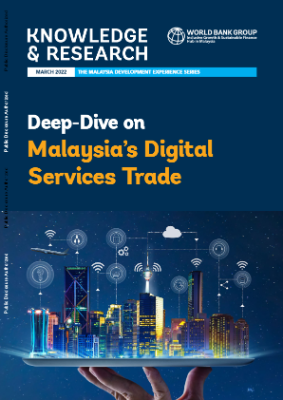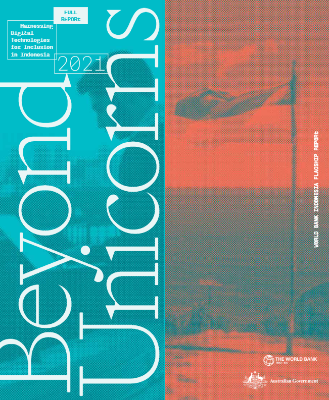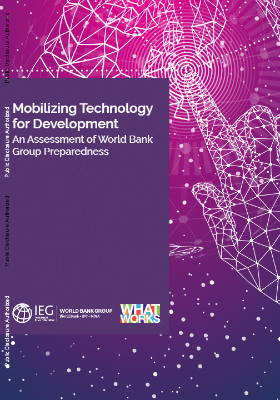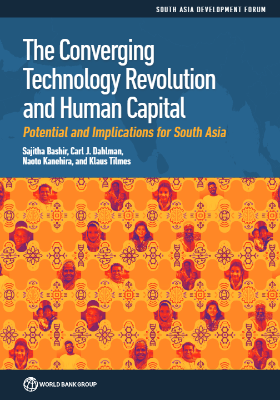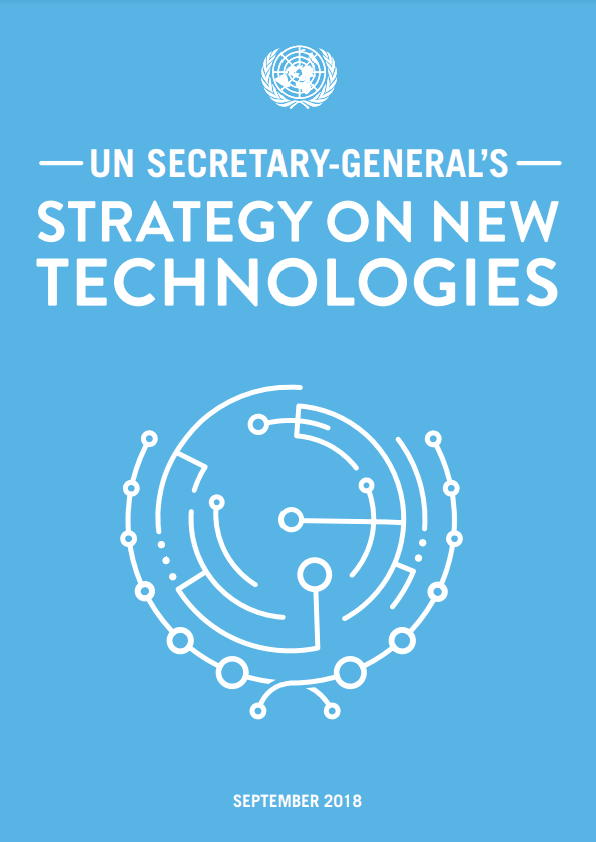Global trade in services has been particularly hard hit by the COVID-19 pandemic, with sectors such as travel and tourism collapsing with successive waves of the virus. Nevertheless, digital services such as IT have fared better and benefited from a dramatically expanded homebased workforce.
Trade in digital services has been growing rapidly over the past few years, and even before the COVID-19 pandemic. Digitalization has created new trade opportunities by giving access to remote and foreign markets to firms of all sizes in any location, and by lowering trade costs and expanding the variety of goods and services that can be traded. While global digital trade is currently dominated by high-income countries, developing countries such as Malaysia are increasingly engaging and investing in the expansion of digital trade as exporters of highvalue digital services.
Establishing a conducive environment for digital trade, however, remains a complex endeavor. The foundations of digital trade rest on a modern telecommunications infrastructure, a favorable business environment, and an educated population. In addition, digital trade requires specific enabling conditions that build on those foundations: businesses require specific digital skills and entrepreneurship to engage in digital trade; cross-border transactions need effective electronic payment systems; and a sound regulatory framework should strengthen trust in digital markets and provide tools for remote transactions, including cross-border data governance, platform regulation, online consumer protection, and digital documentation signature.
This ‘deep-dive’ seeks to explain how the role of digital services trade could be enhanced to contribute to Malaysia’s competitiveness and integration into the global marketplace. It does this though:
- assessing the performance of the digital economy and digital services trade in Malaysia;
- shedding light on how digital services are contributing to Malaysia’s competitiveness and broader integration into the global economy;
- highlighting the key constraints to the development of the sector; and
- making policy recommendations to address the main constraints.
The key finding is that Malaysia’s trade in digital services has also grown but shows untapped potential. The share of Malaysia’s digitally deliverable services trade in total services trade remains low relative to some peer groups, and the growth of its digitally deliverable services trade has been below that of all of its peer groups. Nevertheless, while Malaysia’s ICT value-added in exports is low relative to other types of services, it is higher than all peer groups, with most ICT value-added coming from IT and other information services and telecommunication services.
